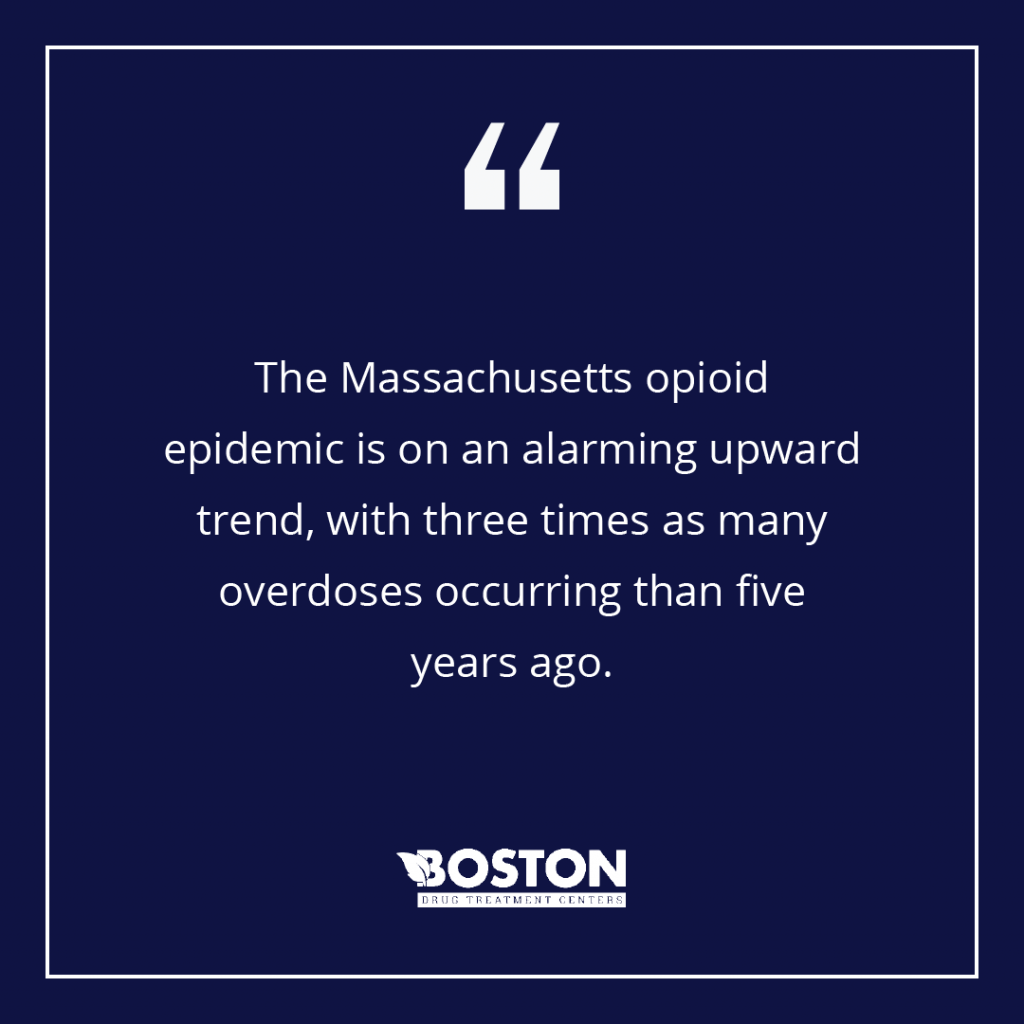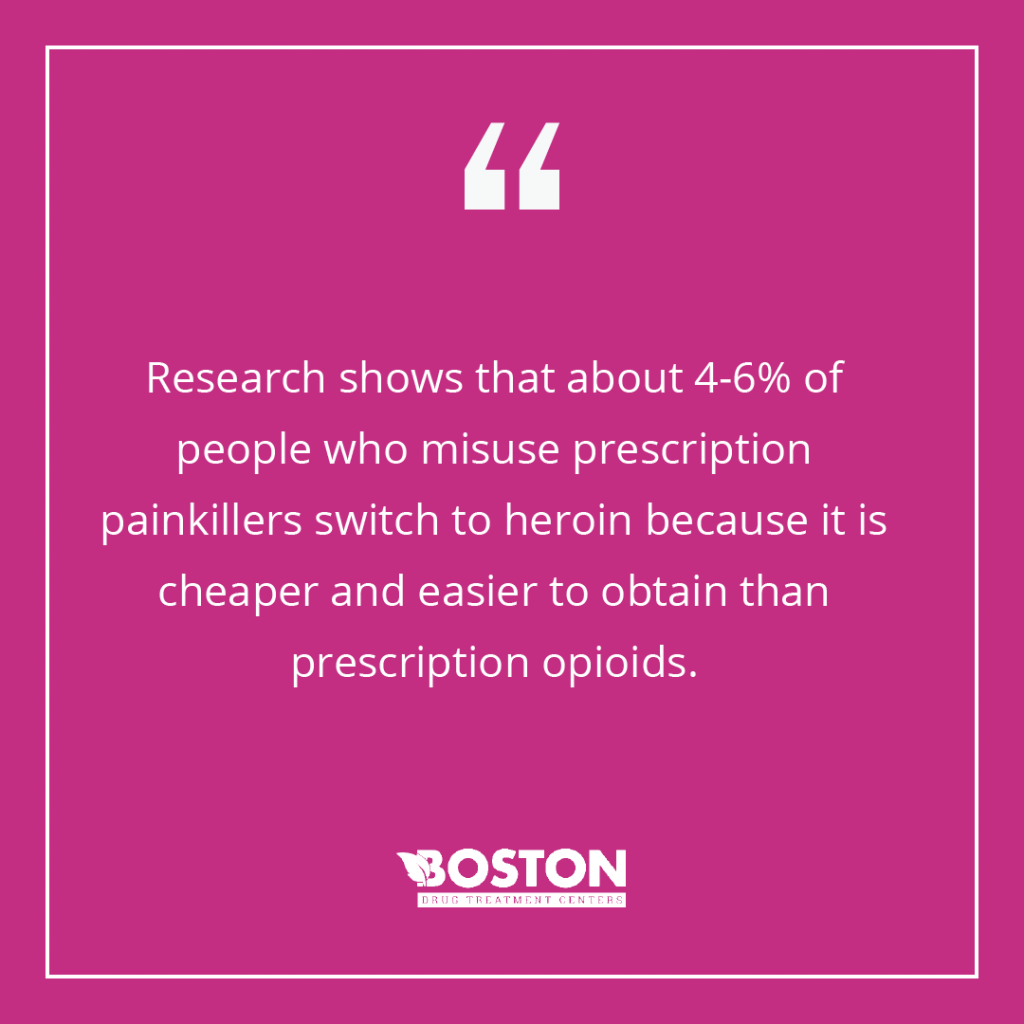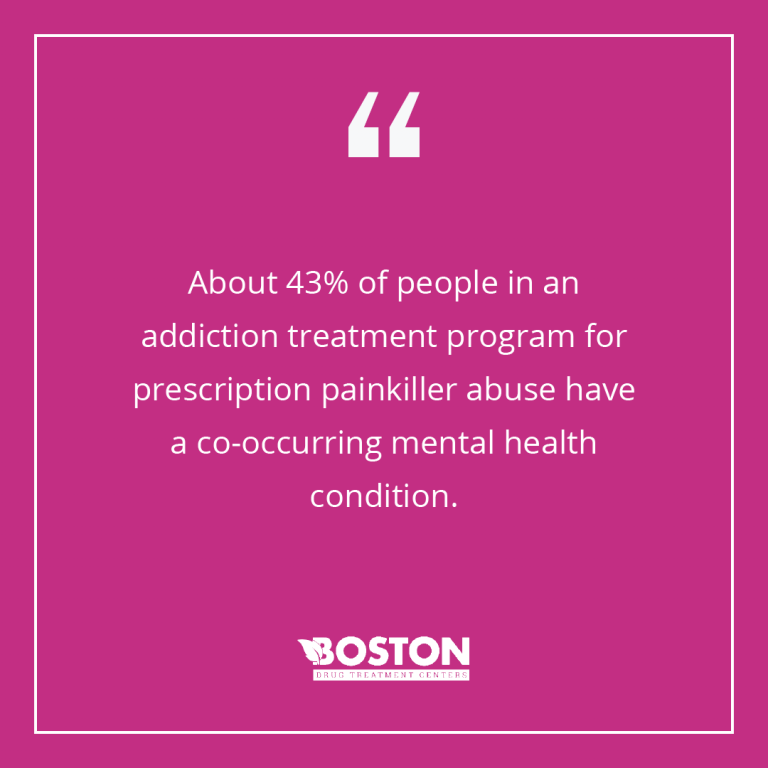Annually there are about 67,367 deaths in the U.S. due to drug overdoses, with 70% involving opioids. However, in Massachusetts, about 88% of deaths involved opioids, which equals about 1,991 opioid-related deaths each year.1 However, this figure could be much greater, as all opioid-related deaths are not reported.
The Massachusetts opioid epidemic is on an alarming upward trend, with three times as many overdoses occurring than five years ago.2 If you or someone you know is addicted to prescription painkillers, the best way to prevent an opioid overdose is to seek a rehab program near you.
For help finding a prescription opioid treatment program, give us a call at (857) 577-8193. One of our caring and nonjudgmental rehab support advisors can assist you.



